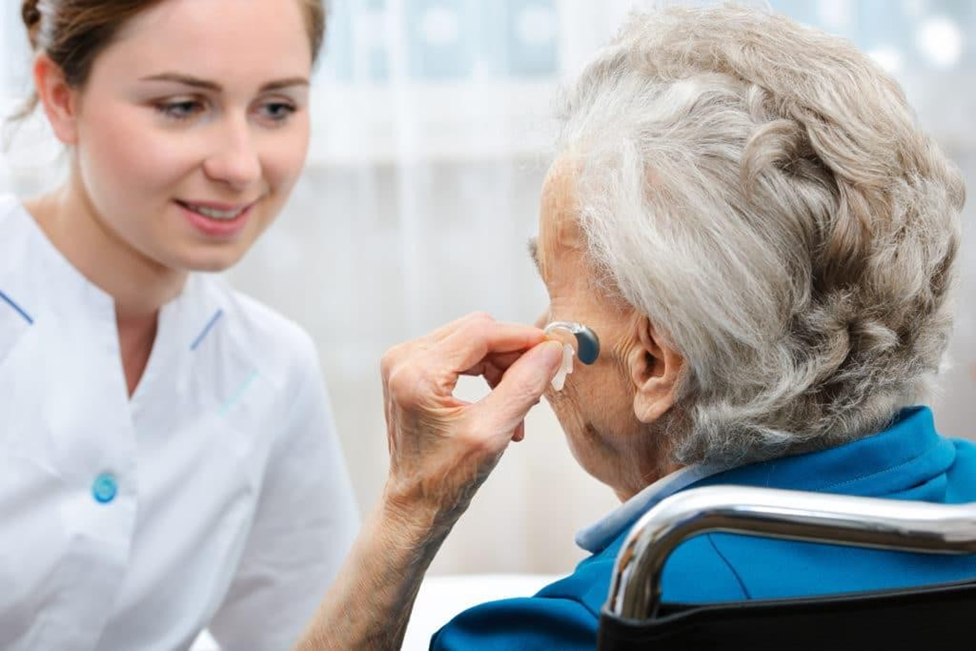A nurse is caring for a client who has a hearing impairment. When speaking to the client, the nurse should incorporate which of the following communication methods?
Speak directly into one of the client's ears.
Rephrase sentences the client does not understand.
Drop voice volume at the end of sentences.
Exaggerate lip movements.
The Correct Answer is B
A. Speaking directly into one of the client's ears may be ineffective if the client has bilateral hearing impairment or if the hearing impairment is not related to the ear anatomy.
B. Rephrasing sentences the client does not understand can help clarify communication and ensure the client receives necessary information.
C. Dropping voice volume at the end of sentences can make it difficult for the client to hear the entire message, especially if the client relies on lip-reading or amplification devices.
D. Exaggerating lip movements may not be helpful for all clients with hearing impairment and may not accurately convey the intended message. Instead, clear and natural lip movements should be used along with other communication strategies such as rephrasing sentences and facing the client directly.

Nursing Test Bank
Naxlex Comprehensive Predictor Exams
Related Questions
Correct Answer is A
Explanation
A.
A. Ventrogluteal - The ventrogluteal site is preferred for intramuscular injections in adults due to its proximity to large, deep muscles and minimal risk of injury to major nerves and blood vessels.
B. Dorsogluteal - The dorsogluteal site is not recommended for intramuscular injections due to the risk of injury to the sciatic nerve and superior gluteal artery.
C. Vastus lateralis - The vastus lateralis is a safe site for intramuscular injections, particularly in infants and young children.
D. Rectus femoris - The rectus femoris muscle is not typically used for intramuscular injections due to its superficial location and proximity to major blood vessels.
Correct Answer is B
Explanation
A. Cannabis withdrawal typically presents with symptoms such as irritability, anxiety, insomnia, decreased appetite, and physical discomfort, but not constricted pupils, delayed reflexes, and decreased blood pressure.
B. Opioid intoxication can cause constricted pupils (miosis), delayed reflexes, and decreased blood pressure, among other symptoms such as respiratory depression, drowsiness, and altered mental status.
C. Amphetamine intoxication typically presents with symptoms such as dilated pupils, increased blood pressure, tachycardia, agitation, and hallucinations, but not constricted pupils, delayed reflexes, and decreased blood pressure.
D. Alcohol withdrawal typically presents with symptoms such as tremors, anxiety, agitation, hallucinations, increased heart rate and blood pressure, but not constricted pupils, delayed reflexes, and decreased blood pressure.
Whether you are a student looking to ace your exams or a practicing nurse seeking to enhance your expertise , our nursing education contents will empower you with the confidence and competence to make a difference in the lives of patients and become a respected leader in the healthcare field.
Visit Naxlex, invest in your future and unlock endless possibilities with our unparalleled nursing education contents today
Report Wrong Answer on the Current Question
Do you disagree with the answer? If yes, what is your expected answer? Explain.
Kindly be descriptive with the issue you are facing.
